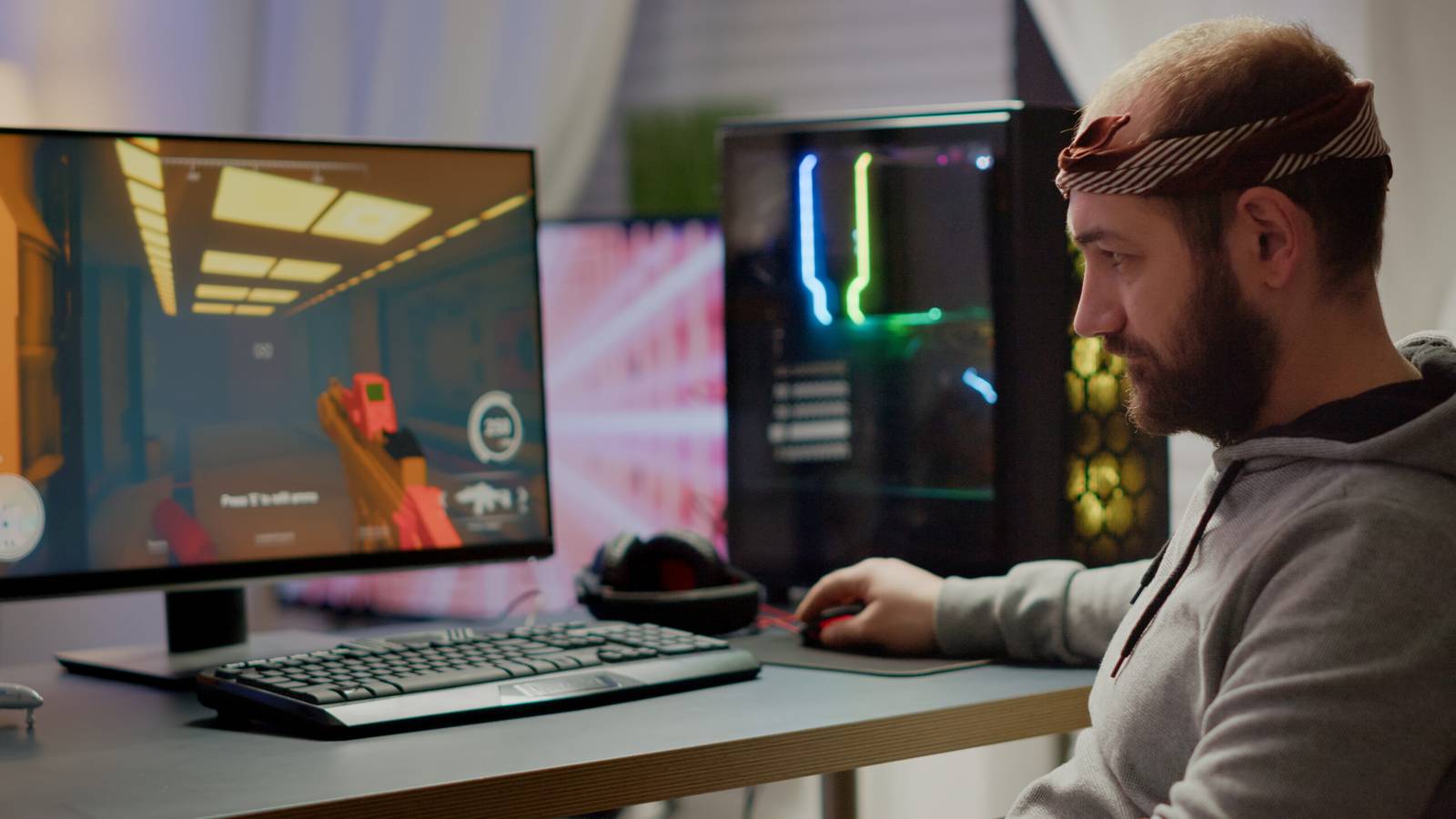The Ultimate Gaming PC Build Guide: Choose the Right Components

by Web Digital
Introduction to the Benefits of Building a Gaming PC
Building your own gaming PC can be one of the most rewarding projects for any tech enthusiast or gamer. Unlike pre-built systems, a custom gaming PC allows you to handpick every component, ensuring optimal performance tailored to your specific needs and budget. From superior graphics and faster load times to the ability to upgrade components as technology advances, the benefits of building a gaming PC are numerous. This guide will walk you through the essential components needed for a high-performance gaming rig and provide tips for selecting the best parts to suit your gaming ambitions.
Essential Components for a Gaming PC
CPU (Central Processing Unit)
The CPU is the brain of your gaming PC, handling all the calculations and processes necessary for your games to run smoothly. When selecting a CPU, consider factors such as core count, clock speed, and threading technology. Popular choices for gaming CPUs include Intel’s Core i5, i7, and i9 series, as well as AMD’s Ryzen 5, 7, and 9 series.
GPU (Graphics Processing Unit)
The GPU is arguably the most critical component for a gaming PC, as it determines the quality and performance of your graphics. High-end GPUs from NVIDIA (like the GeForce RTX series) and AMD (like the Radeon RX series) offer exceptional performance for AAA games and VR experiences. When choosing a GPU, consider factors like VRAM size, clock speed, and the card’s cooling solutions.
RAM (Random Access Memory)
RAM is essential for multitasking and smooth gameplay. For most gaming setups, 16GB of RAM is sufficient, although 32GB can future-proof your system for more demanding games and applications. Opt for DDR4 memory with high clock speeds (3200MHz or higher) to ensure optimal performance.
Storage
When it comes to storage, you’ll want both speed and capacity. A combination of a Solid State Drive (SSD) and a Hard Disk Drive (HDD) is ideal. Use an SSD (preferably NVMe) for your operating system and frequently played games to benefit from faster load times, and an HDD for storing larger files and less frequently used games.
Motherboard
The motherboard is the backbone of your gaming PC, connecting all the components together. When selecting a motherboard, ensure compatibility with your CPU and consider features such as support for multiple GPUs, overclocking capabilities, and the number of available slots for RAM and storage. Popular form factors include ATX, Micro-ATX, and Mini-ITX.
Power Supply Unit (PSU)
The PSU provides power to all your components, making it a crucial part of your build. Choose a PSU with a wattage rating that exceeds the total power consumption of your system to ensure stability and potential future upgrades. Look for units with an 80 Plus certification for better efficiency and reliability.
Cooling System
Proper cooling is essential to maintain optimal performance and prolong the lifespan of your components. Depending on your build, you can choose between air cooling and liquid cooling solutions. Air coolers are more straightforward and cost-effective, while liquid coolers offer better performance and aesthetics. Ensure your case has adequate airflow and enough space to accommodate your chosen cooling solution.
Case
The case houses all your components and plays a vital role in airflow and aesthetics. Choose a case with good ventilation, cable management options, and enough space for your components. Cases come in various sizes, including full-tower, mid-tower, and mini-tower, so select one that fits your build and provides room for future upgrades.
Tips for Selecting the Right Components
Budget Considerations
When building a gaming PC, it’s essential to balance performance with cost. Decide on a budget and allocate funds to the components that will impact your gaming experience the most, such as the GPU and CPU. Look for deals and discounts, and consider purchasing used or refurbished components to save money.
Performance Needs
Identify the games you want to play and their system requirements. For casual gaming or older titles, mid-range components will suffice. However, for AAA games and VR experiences, invest in high-end components to ensure smooth gameplay and high frame rates.
Future-Proofing
Technology evolves rapidly, so consider future-proofing your build by selecting components that allow for easy upgrades. Opt for a motherboard with extra RAM slots, a PSU with higher wattage, and a case with ample space for additional cooling solutions.
Compatibility
Ensure all your components are compatible with each other. Check the CPU socket type, RAM slots, and GPU dimensions against your motherboard specifications. Use online tools and resources to verify compatibility and avoid potential issues during assembly.
Conclusion
Building your own gaming PC is a rewarding experience that offers numerous advantages over purchasing a pre-built system. By carefully selecting each component based on your budget and performance needs, you can create a powerful and personalized gaming rig. From the CPU and GPU to storage and cooling solutions, every part plays a crucial role in achieving the ultimate gaming experience. Not only will you enjoy superior performance and graphics, but you’ll also gain the satisfaction of knowing you built your dream machine from the ground up. Happy building!
Recommended Posts

Non-Profit Digital Marketing in Wasaga Beach: Maximizing Impact
December 5, 2024


